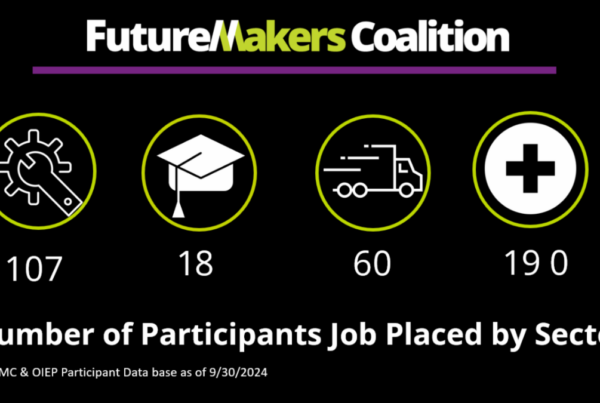
The high cost of housing – either to rent or to own – and the influence it has on the local workforce and economy continues to dominate the news. In the recent Workforce Employer Survey**, 100 Southwest Florida (SWFL) organizations were asked if their organizations experienced employee turnover and – if yes – to indicate (to the best of their knowledge) the primary reason(s) why the employee(s) left their organizations. Considering the possible reasons, 42% of the responding organizations suggested that the cost of housing is too high in the region – the third highest response behind 1.) the new position offered more money (61%) and 2.) the employee moved out of the region (57%) – which may encompass several issues, including the cost of housing. Also of note, 27% of the organizations reported that the impact of Hurricane Ian played an important role in why employees left their jobs – perhaps implying the damage or loss of either their places of employment or housing. Among the 34 organizations that specifically suggested that the cost of regional housing is too high (Chart 1), 15% were small organizations (20 or fewer employees), 29% were medium-sized organizations (21-100 employees), and 56% were large organizations (101 or greater employees).
Chart 1: Percent of Organizations Suggesting Cost of Regional Housing is Too High as a Reason for Employees Leaving Their Organizations (N=34)

In a related question, the surveyed organizations were also asked to rate possible solutions – on a scale of 1 to 5, with one being “not helpful at all” and five being “very helpful” – to assist their organizations in recruiting, hiring, or retaining qualified employees (Chart 2). Nearly half of the responsding organizations (48%) indicated that financial assistance for housing would be “very helpful”. Among the 39 organizations that suggested that financial assistance for housing would be “very helpful”, 29% were small organizations, 26% were medium-sized organizations, and 45% were large organizations.
Chart 2: Percent of Organizations Suggesting Financial Assistance for Housing Would Be “Very Helpful” (N=39)

There may be a few reasons why the cost of housing appears to impact the large SWFL organizations to a greater extent than the small and medium-sized organizations. To attract potential employees for example, the large, SWFL companies must most likely compete with other companies nationwide not only on the salary and benefits packages, but also on the area’s quality of life – i.e. local amenities, school systems, and cost of living, including housing. In addition, large organizations may employ workers who represent a broader range of educational attainment, including a higher proportion of post-secondary degrees. Employees with post-secondary degrees may have a larger number of options to pursue job opportunities in geographic locations that best meet their families’ needs. This is particularly relevant to retain qualified workers since, among the large SW FL organizations that responded to the survey (N=37), 19% represented educational institutions and 32% represented health care organizations – both employing who are often considered the region’s essential workers.
The issue of housing for the region’s workforce is such a critical issue that FutureMakers Coalition partners are working in tandem with the new Southwest Florida Stable and Attainable Housing Coalition. The Coalition has a shared goal to ensure that 80% of people in SW FL have access to housing and transportation that costs less that 45% of their income by 2040. If you are interested in joining one of the three Coalition’s regional action teams – Policy, Finance, or Storytelling – please contact Jessica Turner, Coordinator Southwest Florida Stable and Attainable Housing Coalition at Jessica.Turner@thebrightway.org. We welcome your expertise and passion!



























